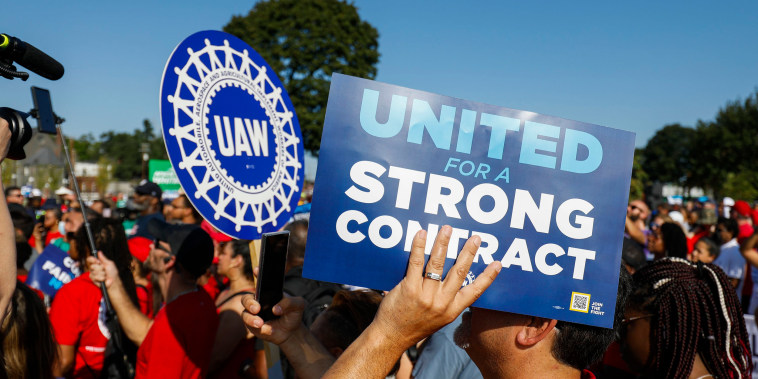
Uncovering the UAW Strike: What’s on the Table and What’s at Risk?
The potential strike from the United Automobile, Aerospace and Agricultural Implement Workers of America (UAW) is looming large, beginning the public conversation regarding what’s at stake and what impact a work stoppage could have. This facilities the need to understand the current negotiations and the underlying labor talks in order to record the consequences of an eventual industrial action.
At the workplace, UAW members have grown increasingly dissatisfied. This discontent has led general-President Gary Jones to call for proportional economic gains and improved job security during labor talks with the company. The increase in pay and benefits, together with better job security, are focal points of the UAW’s demands.
The talks have focused on how to build up trust between the union and the company, as Flint Mayor Karen Weaver highlighted. She especially noted that it was necessary for the UAW to hold out for greater job security, which was a major sticking point early in the negotiations.
The Union further highlighted its commitment to seek a better future through actions such as making up for the company’s policy of requiring workers to use their own vacation time for union activities, a significant undermining of trust between the two parties. The company recently responded with a policy that more fairly compensates members of the union for such work.
Meanwhile, the union demands have also included language improvements to the Defender’s Bill of Rights, which includes the right to collective bargaining and the right to strike without penalty. Such measures make up the core goal of the UAW’s efforts, and are emblematic of its mission to protect its constituents’ long-term interests.
Overall, an eventual UAW strike could present a significant economic impact, and place employment and labor rights in jeopardy. With the current negotiations, both the company and the UAW will need to ensure a certain degree of progress is made in order to avoid such a result. If a consensus between the two is reached, however, it could ultimately prove beneficial for both parties.
